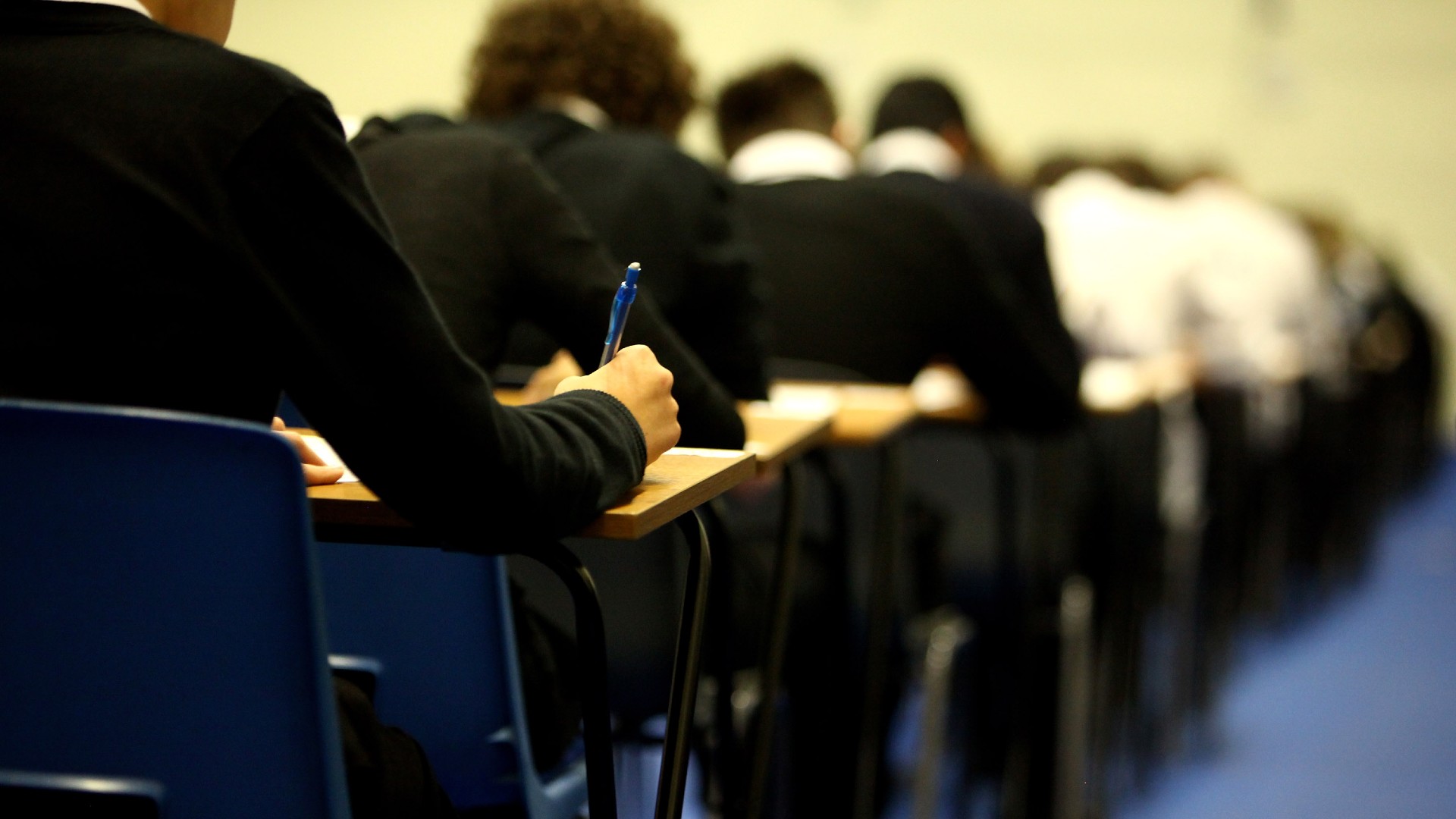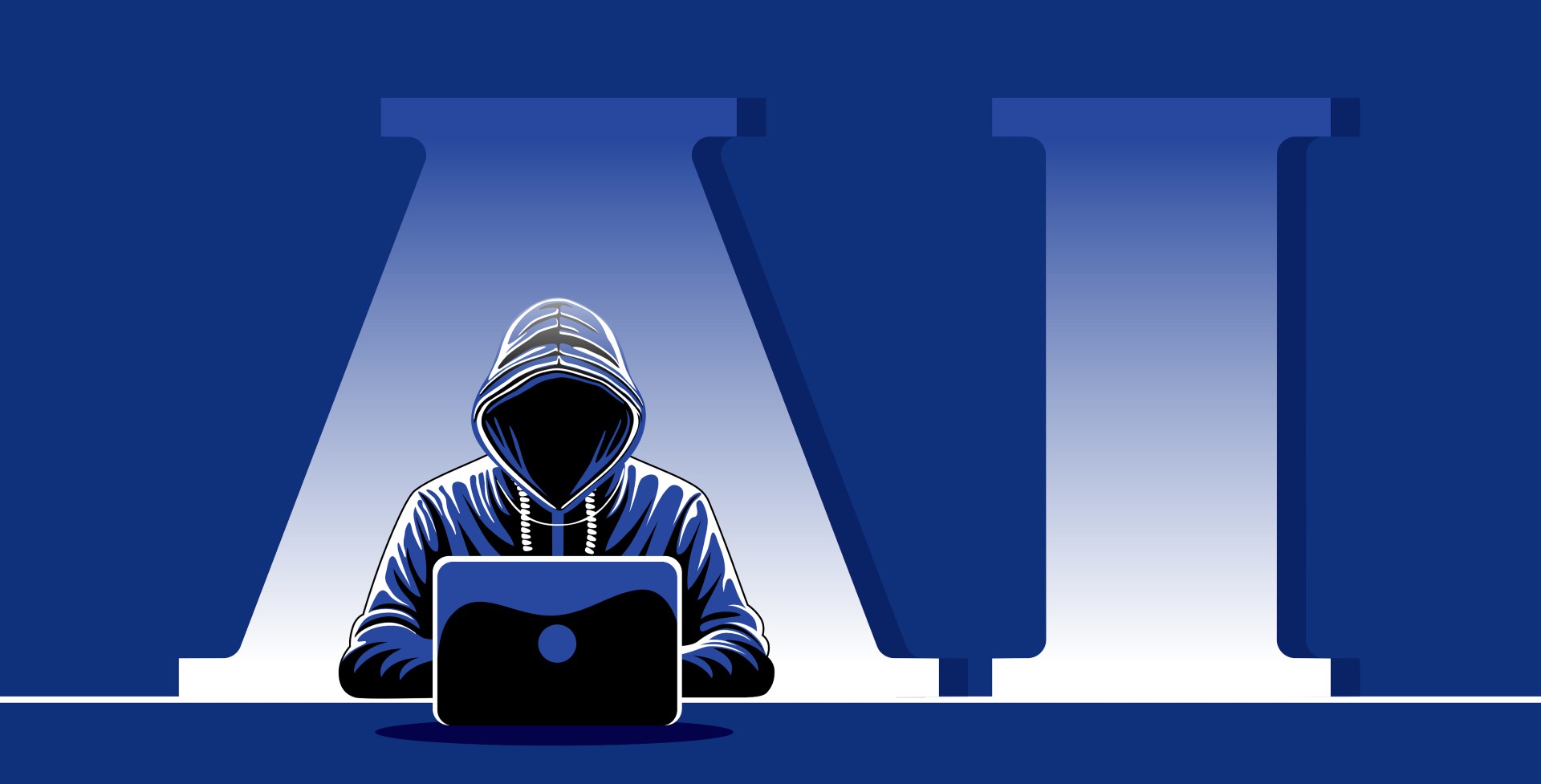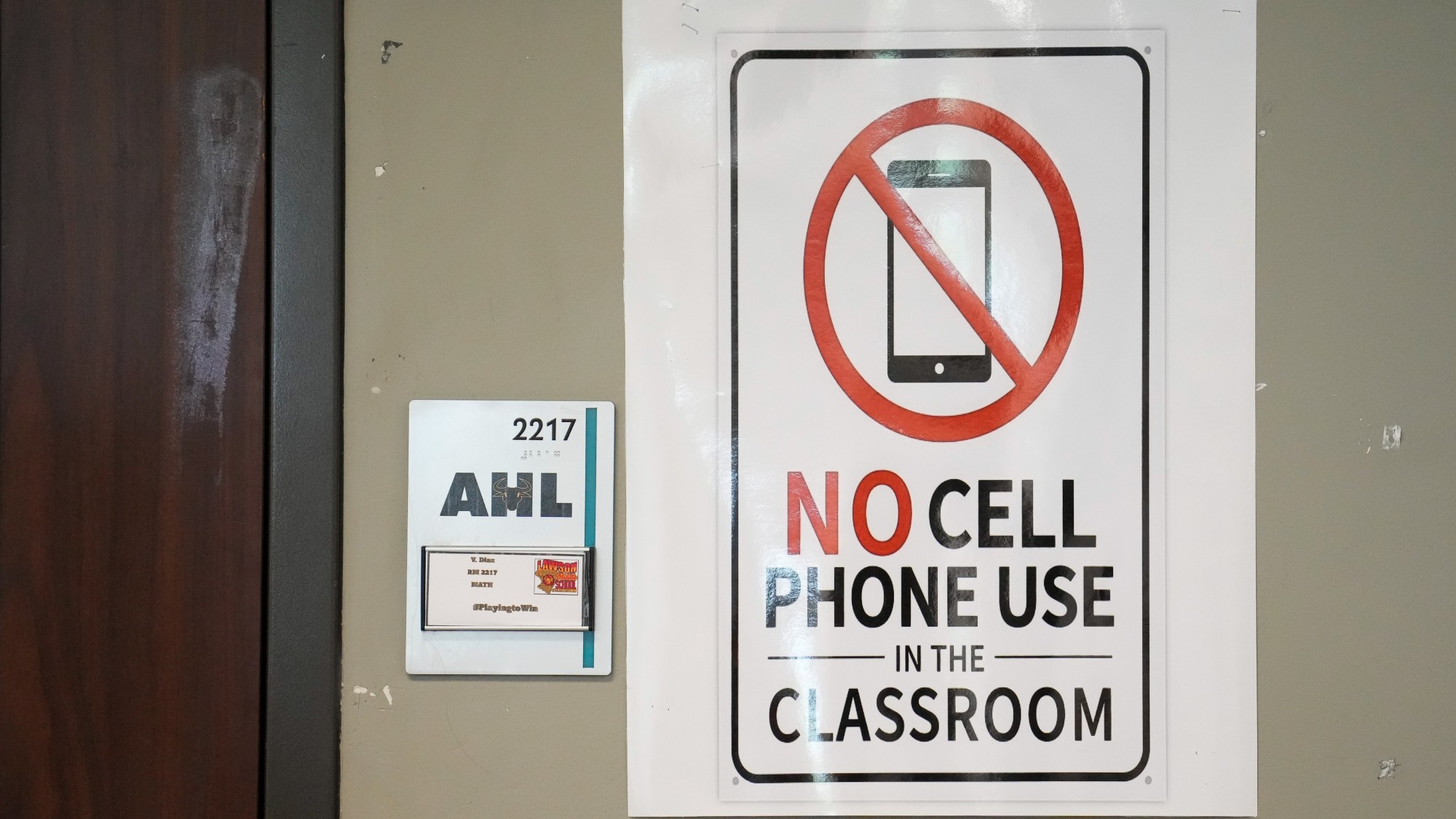Pros and cons of digital exams
'Technology and change are two constants in education,' says exam board chief, but on-screen testing carries risks

A free daily email with the biggest news stories of the day – and the best features from TheWeek.com
You are now subscribed
Your newsletter sign-up was successful
Pupils in England could sit some of their GSCEs digitally within a decade under proposals being drawn up by exam boards.
AQA said it hoped at least one major subject will be partly examined digitally by 2030, with reading and listening parts of Italian and Polish GCSE to be assessed this way from 2026. The country's largest exam board said while it believed paper-based exams still have a place, the time has come to "widen the range of media we use" and "allow young people to use their digital skills".
"Technology and change are two constants in education," said Colin Hughes, chief executive of AQA. "Moving to digital exams is the next step of this evolution."
The Week
Escape your echo chamber. Get the facts behind the news, plus analysis from multiple perspectives.

Sign up for The Week's Free Newsletters
From our morning news briefing to a weekly Good News Newsletter, get the best of The Week delivered directly to your inbox.
From our morning news briefing to a weekly Good News Newsletter, get the best of The Week delivered directly to your inbox.
The move to a hybrid mix of screen assessment and pen and paper examinations also has the backing of a majority of parents, according to a poll conducted by the exams regulator Ofqual published in The Times. A separate poll of teachers carried out on behalf of AQA found that three in four also believe introducing digital exams in England would work, provided "challenges" are addressed.
Pro: prepares pupils better
It seems increasingly incongruous that while most of today's interactions socially and in the workplace – from writing reports to posting on social media – are done digitally, exams are still done by hand.
Making the case for a move towards digital exams, AQA said they are "truer to the digital world" students grow up and work in. Polling for the exam body revealed that 63% of 11- to 18-year-olds feel comfortable using a computer for longer than an hour, compared to only 36% using a pen and paper, while more than two-thirds (68%) of young people surveyed agreed that digital exams would be better preparation for future work, education or training.
Con: chance of cheating
Often the first worry listed by parents and teachers alike when asked about digital exams is the increased chance of cheating. Conscious of these concerns, AQA has stressed that students' devices would be offline in the exam hall so they would not be able to use the internet to search for information, or access artificial intelligence tools.
A free daily email with the biggest news stories of the day – and the best features from TheWeek.com
However, having sufficient space to avoid cheating and allow acceptable examination supervision are still "huge challenges" for large schools and colleges, admitted the exam body, even before the additional issues of plug sockets, laptop availability and reliable Wi-Fi are faced.
Another worry is data security. Like voting, pen and paper exams are hard to forge but those written on a computer or laptop and then marked remotely may be more open to hacking or post-exam alteration.
Pro: fairer and less biased
AQA said digital exams have the potential to be more inclusive and fairer, especially helping those with special educational needs and bringing an end to so-called "handwriting bias". In 2018, Ofqual's study of hard-to-mark responses found that in English language one cause of low reliability in marking was due to some markers being influenced by poor handwriting.
Some senior educational leaders believe on-screen assessment should, in time, enable marking using artificial intelligence. They argued that this could be more accurate and less subject to human biases, although any move towards AI-only marking would prove hugely controversial and would need to come with strict guardrails.
Con: exacerbates technological inequality
While teachers predominantly support a move towards more digital exams, "reformers face an uphill battle", said Schools Week. Almost nine in 10 (87%) of teaching professionals responding to the AQA survey warned their schools lacked the infrastructure to make digital exams work and that they would need to "evolve" their school's teaching methods to prepare students.
Perhaps more importantly, almost two in three (68%) warned their students did not have access to sufficient technology at home to prepare, and believed digital exams would exacerbate inequalities in opportunity.
These fears were echoed by parents surveyed by Ofqual, who cited potential unfairness arising from unequal access to technology as a major concern for students in the move to digital exams.
Pro: better for the environment
Given the sheer number of pupils sitting exams each year, green campaigners have pointed to the heavy environmental cost.
AQA estimates it handles more than 12 million exam papers each summer. According to The Times, this "creates 600 tonnes of CO2, not including emissions from their delivery by trucks across the country, and 30 tonnes of plastic packaging".
While no one is predicting the complete demise of pen and paper exams, a move to digital for some subjects would significantly reduce the carbon footprint during exam season.
Con: decline in basic skills
The move to digital exams would likely pre-empt a deeper change in how children are taught and assessed throughout the course of their school lives. In Sweden, politicians and experts are questioning whether the "hyper-digitalised approach to education, including the introduction of tablets in nursery schools, had led to a decline in basic skills", reported The Guardian.
Adults may use handwriting less than they used to, but ensuring children learn properly to write by hand remains extremely important, Mellissa Prunty, a reader in occupational therapy at Brunel University London who also chairs the National Handwriting Association, told Education Executive.
-
 What to know before filing your own taxes for the first time
What to know before filing your own taxes for the first timethe explainer Tackle this financial milestone with confidence
-
 The biggest box office flops of the 21st century
The biggest box office flops of the 21st centuryin depth Unnecessary remakes and turgid, expensive CGI-fests highlight this list of these most notorious box-office losers
-
 The 10 most infamous abductions in modern history
The 10 most infamous abductions in modern historyin depth The taking of Savannah Guthrie’s mother, Nancy, is the latest in a long string of high-profile kidnappings
-
 ‘Ghost students’ are stealing millions in student aid
‘Ghost students’ are stealing millions in student aidIn the Spotlight AI has enabled the scam to spread into community colleges around the country
-
 The pros and cons of banning cellphones in classrooms
The pros and cons of banning cellphones in classroomsPros and cons The devices could be major distractions
-
 School phone bans: Why they're spreading
School phone bans: Why they're spreadingFeature 17 states are imposing all-day phone bans in schools
-
 Schools: The return of a dreaded fitness test
Schools: The return of a dreaded fitness testFeature Donald Trump is bringing the Presidential Fitness Test back to classrooms nationwide
-
 Send reforms: government's battle over special educational needs
Send reforms: government's battle over special educational needsThe Explainer Current system in 'crisis' but parents fear overhaul will leave many young people behind
-
 Education: Can public schools be religious?
Education: Can public schools be religious?Feature A Supreme Court seems ready to rule in favor of religious charter schools in Oklahoma, which could reshape public education
-
 America's academic brain drain has begun
America's academic brain drain has begunIN THE SPOTLIGHT As the Trump administration targets universities and teachers, educators are eying greener academic pastures elsewhere — and other nations are starting to take notice
-
 Schools' Send crisis: how can it be fixed?
Schools' Send crisis: how can it be fixed?Today's Big Question Government urged to reform support for children with special educational needs and disabilities and save councils from bankruptcy